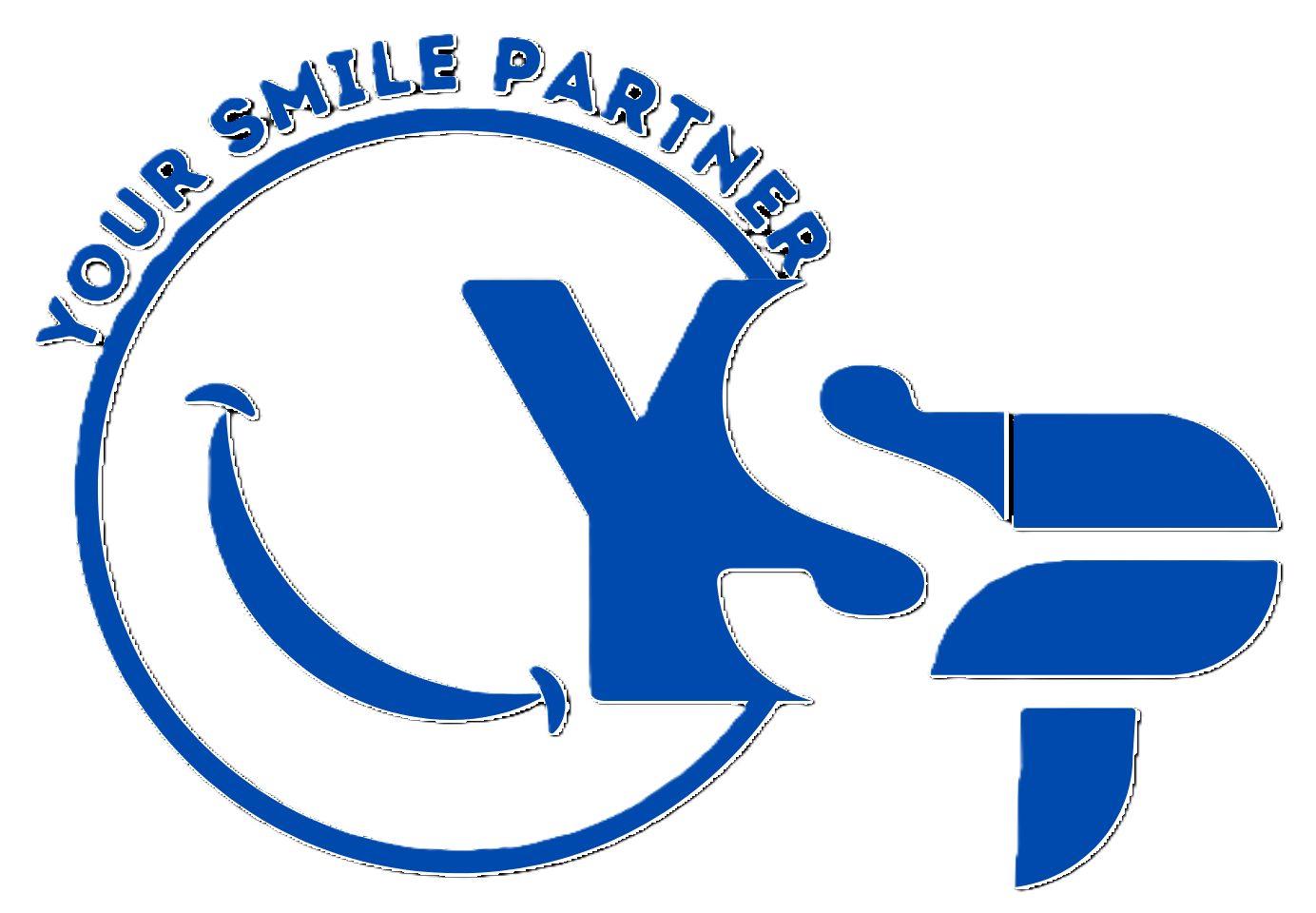Caries Risk Assessment by Telehealth: Transforming Preventive Dentistry
This comprehensive analysis explores how remote CRA interviews are reshaping dental practice, expanding access to care, and creating new revenue opportunities while improving patient outcomes through personalized prevention strategies.
Apply Now Book a MeetingMarket Opportunity and Growth Trajectory
The teledentistry market is experiencing unprecedented growth, driven by increasing demand for accessible, convenient dental care. The synchronous telehealth CRA segment represents a significant opportunity for forward-thinking dental practices.
Global teledentistry market value in 2025.
Expected value by 2032.
Compound annual growth rate (CAGR).
Projected telehealth CRA market by 2032.
How It Works: The Telehealth CRA Interview Process
Our streamlined workflow ensures a comprehensive assessment in just 15-30 minutes, maintaining efficiency and high patient engagement. The process can be conducted by dentists or dental hygienists.
Pre-Screening & Interview
Patients receive automated appointment links to complete pre-screening surveys. The clinician then leads a structured video interview covering diet, hygiene, fluoride exposure, and medical history.
Guided Examination & Assessment
The patient uses their smartphone camera for a guided visual exam of teeth, plaque, and tissues. An automated system then calculates the patient's caries risk level (low, moderate, high) in real-time.
Personalized Plan & Follow-Up
Based on the risk profile, a personalized prevention plan is developed. This is integrated into the EHR with automated reports, educational materials, and follow-up reminders.
Transformative Benefits for Patients and Providers
For Patients
- Enhanced Access & Convenience: Geographic barriers disappear, allowing rural and underserved populations to access expert preventive care from anywhere.
- Personalized Prevention: Risk-based plans are tailored to individual lifestyles, diets, and medical conditions, ensuring more effective, actionable recommendations.
- Cost-Effective Care: Early risk identification and management prevent the need for costly restorative procedures down the line.
- Increased Engagement: Direct participation in the self-examination process fosters a greater sense of ownership over one's oral health.
For Dental Providers
- Operational Efficiency: Clinicians can complete multiple CRA interviews in dedicated telehealth sessions, maximizing productive time and reducing overhead.
- Revenue Diversification: Billable CRA interviews (CPT code D9995) create new revenue streams and strengthen the practice's focus on preventive care.
- Practice Growth: An extended geographic reach attracts new patients who require or prefer remote services, expanding the practice's market.
- Resource Optimization: Reducing chair time for assessments frees up clinical space for operative procedures, improving overall practice productivity.
Core Technology and Digital Infrastructure
The technology infrastructure supporting telehealth CRA interviews requires seamless integration of multiple components to ensure a secure, effective, and user-friendly experience.
HIPAA-Compliant Platforms
Secure video systems with high-resolution imaging and encrypted data storage to ensure patient privacy.
Standardized Protocols
Validated tools like CAMBRA and ADA CRA forms are adapted for video interviews to ensure clinical accuracy.
Digital Survey Integration
Pre-interview questionnaires capture diet, hygiene, and medical history to streamline the consultation workflow.
Guided Self-Testing
Salivary flow assessment protocols enable patients to perform timed spit tests under remote clinician supervision.
Clinical Validation and Quality Outcomes
Extensive clinical validation demonstrates that telehealth CRA interviews achieve diagnostic accuracy comparable to in-office assessments, with strong patient acceptance of the remote format.
Sensitivity rate for telehealth CRA compared to in-office assessments.
Accuracy in correctly identifying low-risk patients.
High satisfaction scores with the remote assessment format.
Frequently Asked Questions
What is a Telehealth Caries Risk Assessment (CRA)?
It is a systematic, remote evaluation of a patient's risk for developing cavities. It combines a comprehensive video interview with a clinician, guided self-examination of the mouth using a smartphone camera, and validated assessment tools like CAMBRA or ADA CRA forms.
How accurate is a remote CRA compared to an in-office visit?
Clinical studies have demonstrated high accuracy. Telehealth CRA achieves an 85% sensitivity rate (correctly identifying those at risk) and a 90% specificity rate (correctly identifying low-risk patients), which is comparable to traditional in-office assessments for risk stratification.
Who can perform a telehealth CRA?
The streamlined process, which typically takes 15-30 minutes, can be conducted by either a dental hygienist or a dentist. This flexibility helps maximize a practice's productivity and clinical effectiveness.
What are the main benefits for my practice?
The key benefits include operational efficiency, new revenue streams (billable under CPT code D9995), practice growth by expanding your geographic reach, and optimizing the use of your clinical chair time for operative procedures.
Our Commitment
Lorem ipsum dolor sit amet, consectetur adipiscing elit. Ut elit tellus, luctus nec ullamcorper mattis, pulvinar dapibus leo.

Lorem ipsum dolor sit amet, consectetur adipiscing elit. Ut elit tellus, luctus nec ullamcorper mattis, pulvinar dapibus leo.
Lorem ipsum dolor sit amet, consectetur adipiscing elit. Ut elit tellus, luctus nec ullamcorper mattis, pulvinar dapibus leo.
OUR dOCTORS

DR. MAGED EL—MALECKI, DMD
Dental Director

DR. MAGED EL—MALECKI, DMD
Dental Director

DR. MAGED EL—MALECKI, DMD
Dental Director

DR. MAGED EL—MALECKI, DMD
Dental Director

DR. MAGED EL—MALECKI, DMD
Dental Director

DR. MAGED EL—MALECKI, DMD
Dental Director
